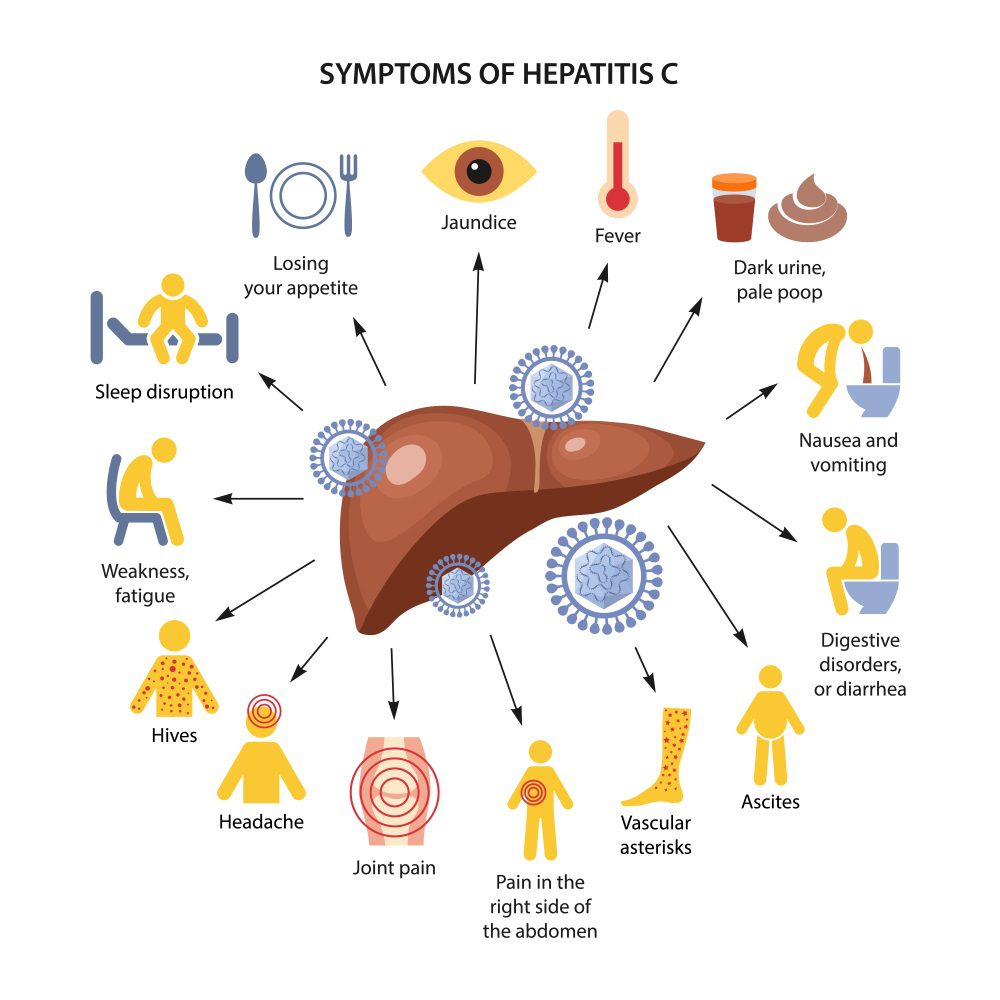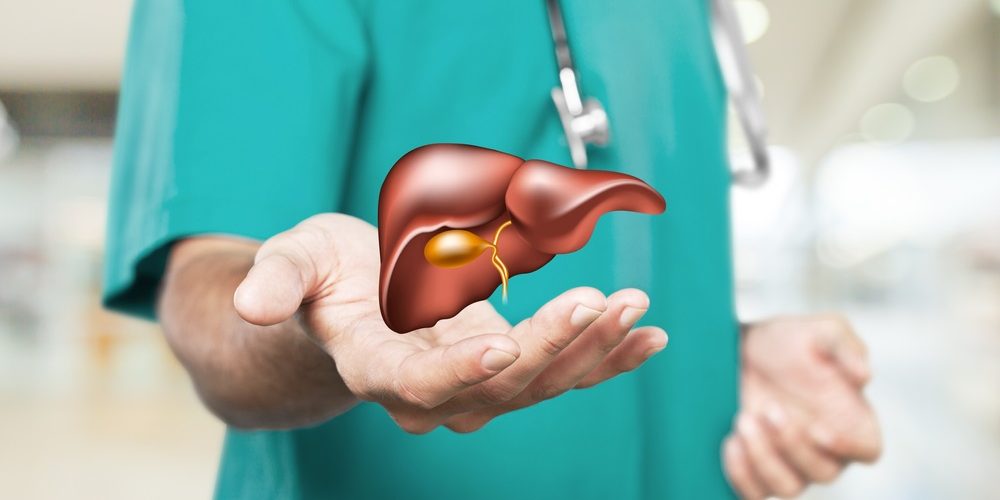What Is The Hepatitis C Antibody Test?
A protein called an antibody is one that the body produces to ward off infection and bacteria. Antibodies are able to identify compounds that might be harmful to health.
The hepatitis C antibody test looks for hepatitis C viral antibodies. Antibodies indicate a person has been exposed to the virus at some point if they are present in the body. It does not necessarily follow that they still carry the infection, though.
Why Do I Need This Test?
-
- Ever injected illegal substances
- Are a mother who has HCV
- have shared a sexual relationship with an HCV patient
- have HIV
- Possibly being a healthcare professional who was exposed to HCV

What Do The Results Show??
- A non-reactive or negative test result indicates that the subject is virus-free. The only exception will be if a person has recently come into touch with the virus, maybe through tainted blood.They will need to take another test if this is the case.
- A reactive or positive test result indicates that the individual has had the virus in the past, but it does not indicate that they are currently infected. To determine whether the virus is still active in the body and whether treatment is necessary, additional tests will be performed.
What Additional Tests Might I Have In Addition To This One?
A hepatitis C RNA test may be prescribed by your doctor if the findings of the hepatitis C antibody test are positive or if you exhibit symptoms that point to HCV. Using blood samples, this blood test seeks out genetic traces of the virus. Determines the type of HCV infection you have and the potential therapy needed through a different test called “viral genotyping”.
Other tests could be carried out to check for liver cancer or varices, which are esophageal blood veins that inflate (hepatocellular carcinoma). Blood arteries, blood cells, and other body components may become inflamed and even destroyed as a result of a chronic HCV infection. These conditions may also be tested by your doctor.




